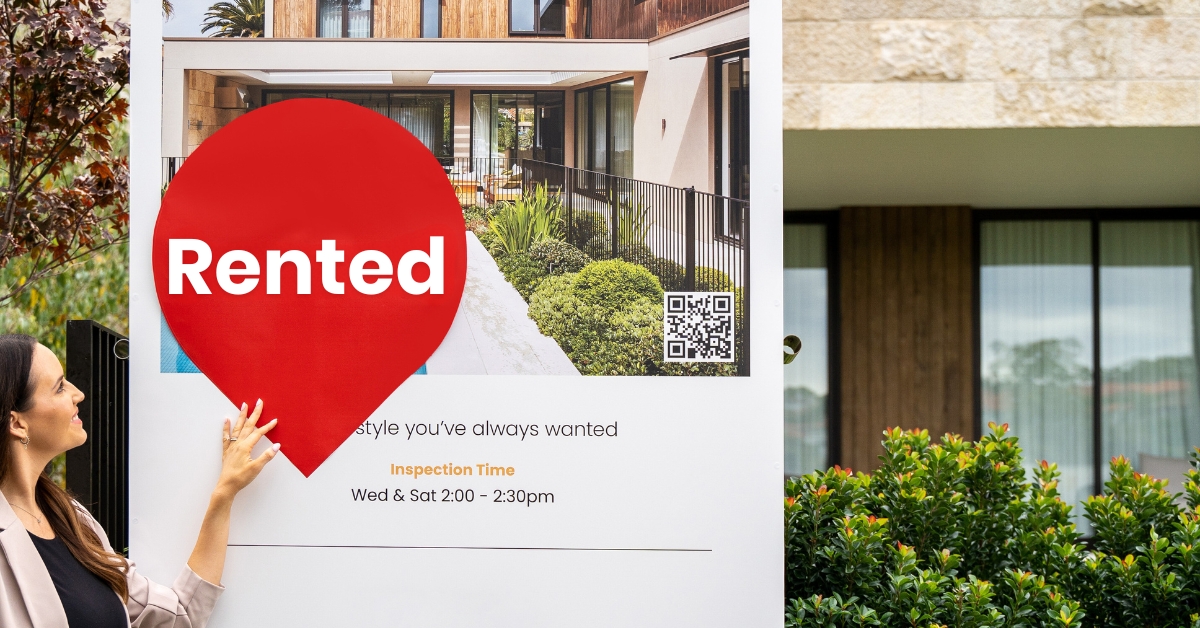10 Tips on How to Be a Successful Investor

What makes one investor better than another? Here are 10 tried and true steps successful investors use to help steer their decisions and to help them get the most out of their investment.
1. Do your homework
Nothing makes for a better investment foundation than solid research and a sound understanding of the property market. Start reading property investing blogs, scour investing websites as they are often packed with useful information, attend investing seminars or download and listen to investing podcasts.
2. Talk to your accountant
You need to understand the tax implications of buying an investment property and your accountant is the best person to talk to about this. Ask them to clarify the following:
- If you are buying a property with someone else ask whose name should be on the contract as this may have impacts on any future tax benefits.
- How much they believe you can afford to spend each week on an investment mortgage and the tax impact on this amount.
3. Review local market data
There are many resources you can tap into to access market data for different regions across New Zealand. Sources such as CoreLogic, OneRoof, realestate.co.nz or Trade Me will help you understand different property markets across each state and territory. Additionally, most council websites provide community profiles that share information about council plans, development projects or building regulations that can help you understand the supply and demand of the area as well as offering data to refine your search.
From a local perspective, your local LJ Hooker office can provide you with an in-depth local market report detailing the strongest growth areas, most traded and fastest selling areas, the top performing local suburbs and a snapshot of houses and unit sales, median sale price, rental yield, days on market and more. Understanding the local market is very important so make sure you contact your local LJ Hooker office - they live and breathe real estate and are a great source of valuable local market data.
4. Get a loan pre-approval
This is an important step to ensure you are prepared to buy the right property as soon as it becomes available. A pre-approved home loan is a green light for buying. It gives you a realistic idea of your borrowing capacity and ensures you have a price range ceiling. Without pre-approval you can’t confidently put a bid in at auction or make an offer on a property without the panic of a last minute rush.
5. Get a feel for the neighbourhood
When it comes to becoming a seasoned investor nothing can boost your proficiency more than experience and one hands-on way you can get this is by visiting as many properties as you can before placing any cash on the table. This way you will be more likely to spot a bargain – and a rip off.
If you are looking at buying an investment locally, it is a good idea to wander the street in the area you are looking at buying in and see if anyone is out cleaning the car or watering the garden. Ask them what the area is like, how long they have lived there, what they like about the neighbourhood and what they don’t. What is the noise like during the day and night and any other questions you may have? You may even be able to find out why the seller is moving and if there are any developments that might impact the value of properties in the immediate area. Or if that seems a bit scary visit the nearest café and ask them what the area is like – they are often a great source of local gossip and community knowledge.
6. Be clear about the type of your property you want
Decide whether you want to invest in an apartment or a house. There are pros and cons for both options and these may vary depending on the area. You also need to consider if you want to buy a new or old property.
If you are buying a new property off the plan, you are able to lock in today’s price for a property that may not be completed for another year or two. What’s more, until the property is complete you won’t have to make any mortgage repayments – the only commitment is a deposit. The downside is there is no guarantee the value of the property will rise between purchase and completion.
The other option is to buy an existing property. One of the key benefits of this option is that you may have more scope to negotiate on price in a slower market. Plus, there is often the capacity to add value to older properties by making your own improvements, which in turn may also increase the rental it attracts.
7. Location, location, location
A golden rule for a solid investment is to choose a property close to amenities: transport, supermarkets, schools and hospitals – the more nearby the property is to facilities, the better. Also consider the crime rate, walkability scores, any future amenities planned or the historic charm of the property or the area.
8. Think about your ideal tenants
Carefully consider the type of tenant you want to attract before deciding what and where to buy. For example, if you’re looking to attract executive tenants a property in an urban location near transport, cafes, business and commercial premises is highly likely to be appealing to them.
If you want to attract a family, consider looking for properties that have an outdoor space; a deck or garden. Look for a place with extra space for the kids to play, one close to good schools, parks, transport, hospitals and shops.
9. Keep some cash on hand
Successful investors keep a slush fund to ensure they are able to cover unexpected costs such as maintenance, rental voids and contingency for interest rate increases. Some experts suggest saving 9-10 percent of the gross rent in a slush fund to ensure you are prepared for the unexpected.
10. Due diligence
While you may be tempted to snap up a bargain quickly, make sure you do your due diligence on the property and ensure you don’t sign anything including offers, sales contracts or any other piece of paper thrown at you unless your solicitor or conveyancer has reviewed and approved them. Remember do not get too emotional about these purchases as you are buying for return you're not buying a home.
Investing can be difficult, stressful and overwhelming but with enough preparation, persistence and optimism you can achieve great results.



